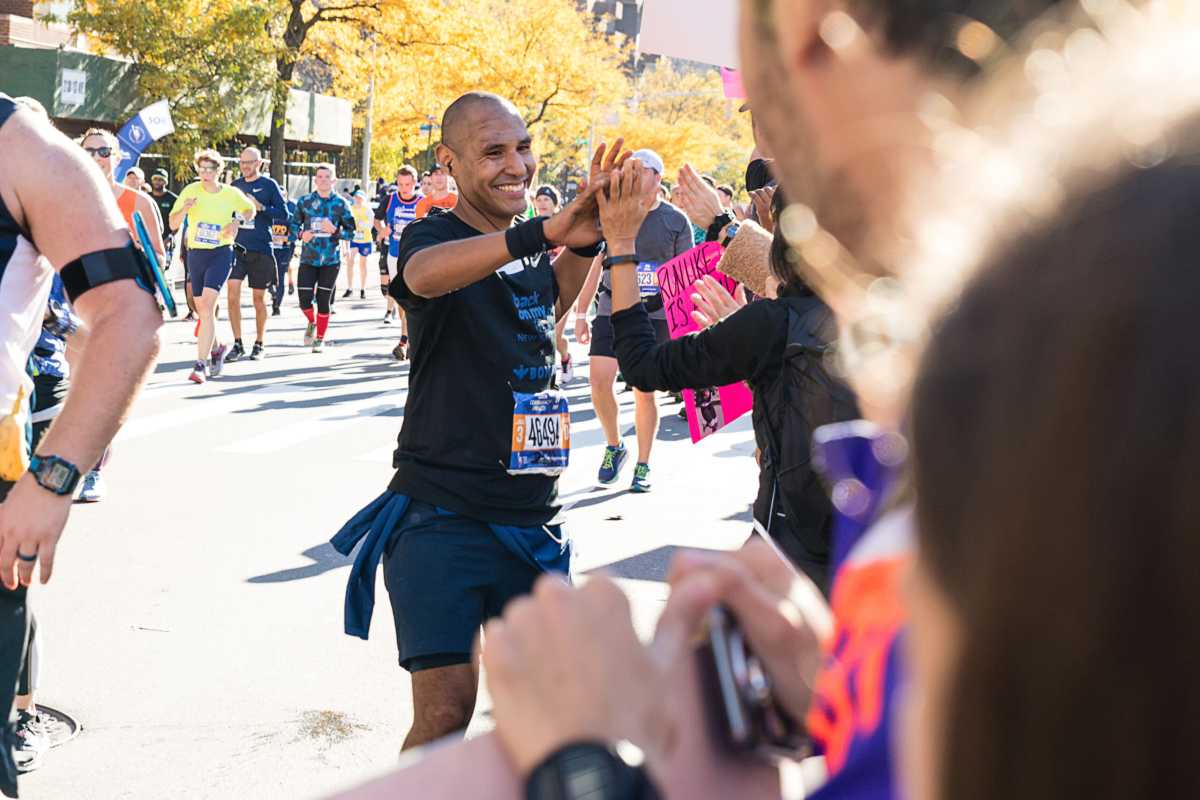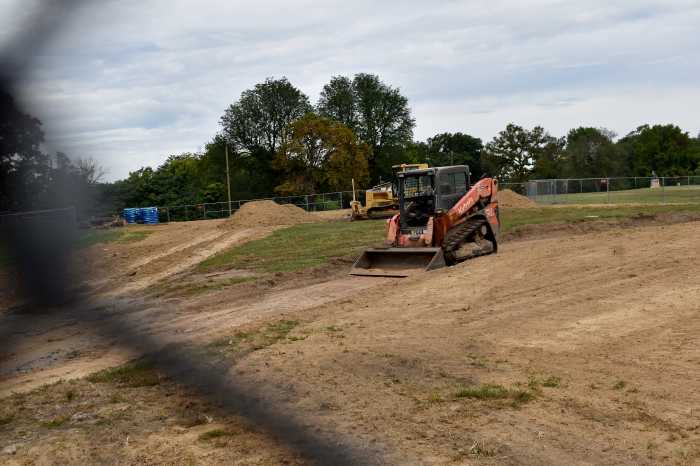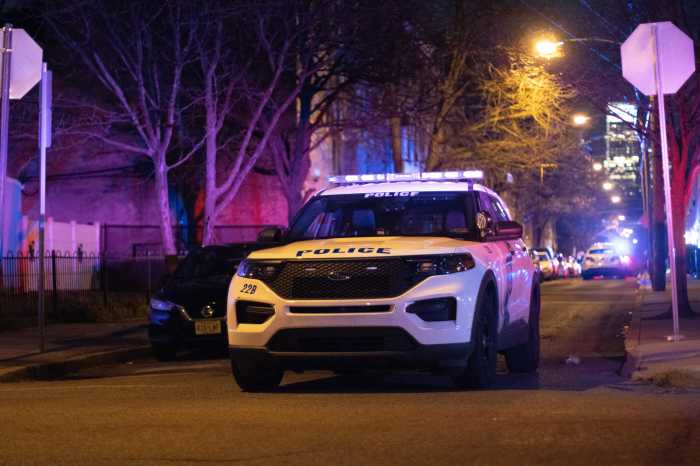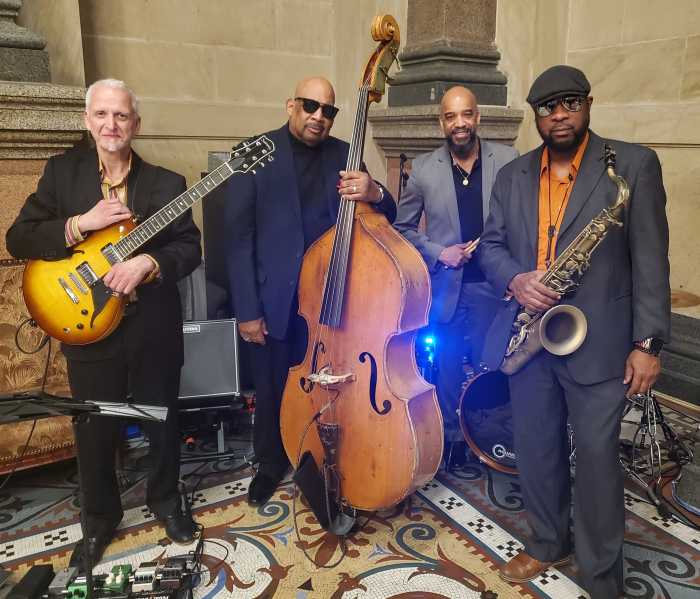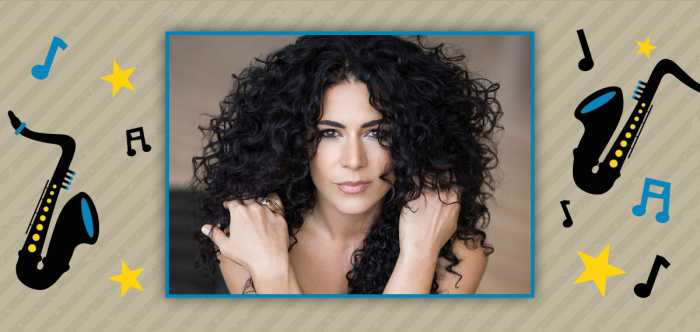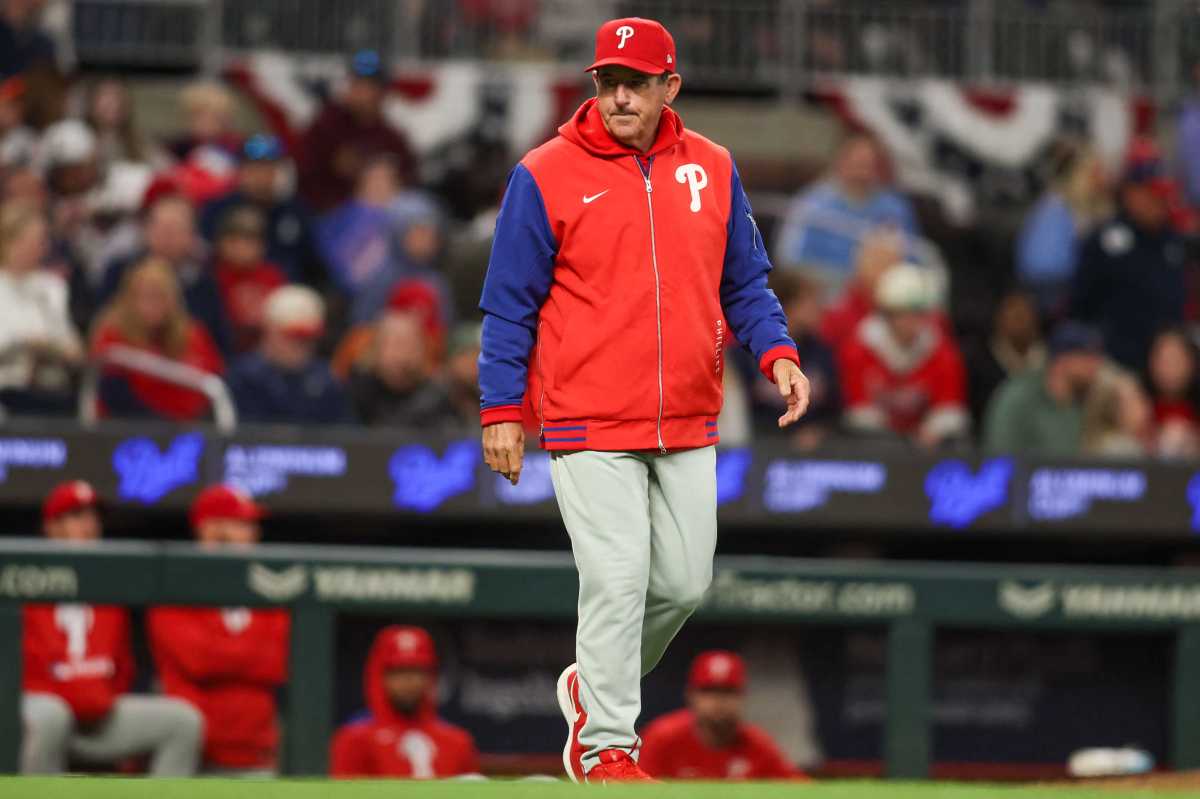After recently moving back to the Greater Philadelphia area, a place I called home for 30 years, I was heartbroken to hear so many negative comments about the city I love so much. Crime, gun-violence, homelessness, addiction, and mental health were topics of every conversation; each time I mentioned to friends and family that I worked downtown, the response was always the same: I won’t go to Philly anymore.
Needless to say, I would always feel dismayed. How could people talk so disparagingly about the City of Brotherly Love? What about the museums and community programs and award-winning restaurants? The parks and waterfront and back-alley gardens? It felt like my favorite city had become a pariah and had lost the glow of admiration it deserved.
So I decided that in order to tell others about the good things happening in the city, I had to rediscover Philadelphia on my own, to find people, places, and things that could bring our swagger back, while also highlighting important community issues being addressed to help the millions of citizens living in our metropolis.
Because while Pat’s Cheesesteaks, Independence Hall, and the Rocky statue are iconic landmarks in a city known for its culture and grit, there are many new initiatives and businesses reclaiming Philly’s grandeur through social justice projects and solutions-based capitalism.
Supporting recovery
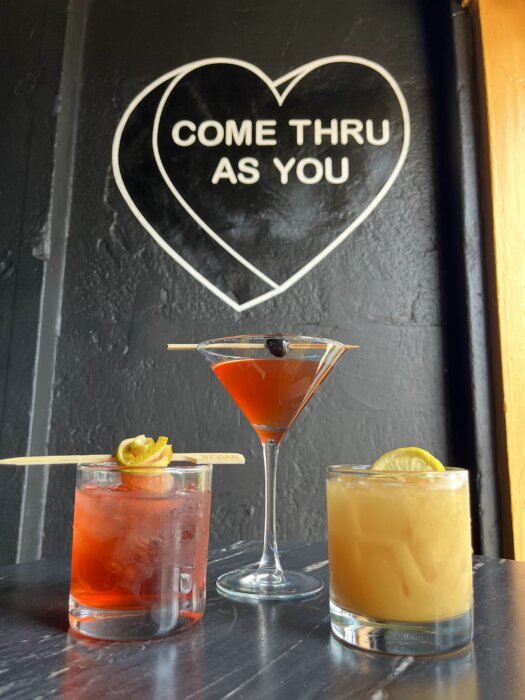
As I began to explore my old stomping grounds, I found an eclectic purple and yellow building in Manayunk called The Volstead, the first sober bar in Philly and brainchild of Unity Yoga. Established in March of 2022, the bar and restaurant caters to the sober-curious and recovery crowd with zero-proof, nonalcoholic drinks while offering vegan fare for diners.
Founded by husband-and-wife team Robert and Arielle Ashford, The Volstead offers a community for those who choose not to drink alcohol, but still want to socialize in a sexy, fun, and inclusive place.
“The Volstead challenges a belief so ingrained in society: that you need to drink in order to have a good time,” Robert told Philadelphia Magazine. “Instead of simply adding nonalcoholic drinks to the menu, we’re pushing the narrative forward by showing that zero-proof doesn’t have to be a subset of your offerings; it can be the whole show.”
At a time when Philadelphia is being overwhelmed by an addiction crisis – from opiate-ravaged neighborhoods to the devastation of alcoholism – sober bars give a voice to those in recovery and non-drinkers who want another option.
Keeping families together
I’ve listened to Philly rapper Meek Mill for a long time, but it wasn’t until I came back that I realized how much he’s doing for the city he’s from.
In 2019, after receiving a four-year sentence for popping a wheelie on his ATV while on probation, Mill and internet entrepreneur, Michael Rubin, founded Reform Alliance, an organization transforming probation and parole by changing laws and culture to create real pathways to work and wellbeing for the city’s justice-involved residents.
People on probation make up the largest part of our criminal justice system. Reform Alliance focuses on changing supervision laws to stop the needless probation to prison pipeline in Philadelphia.
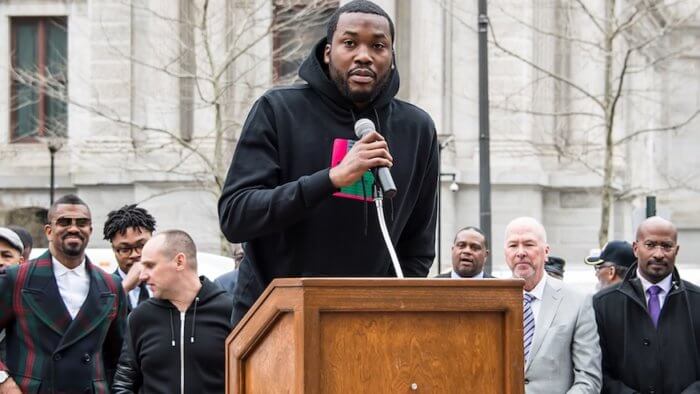
Imprisoning citizens for non-law-breaking offenses is a common practice – technical violations like being late to a meeting or driving without a license can result in long prison sentences, which separates families and costs taxpayers billions nationwide.
“Imagine the impact of not having your parent around because they are incarcerated for a probation violation,” said Reform’s Chief Advocacy Officer, Jessica Jackson, to The Young Turks. “It comes with a very high cost.”
Probation and parole are meant to be an opportunity for an offender to get help and become a productive member of society, but instead it often leads to a vicious cycle of incarceration and poverty. By challenging the decades old practice of senseless mass incarceration, Meek Mill and Reform Alliance are changing the game and helping communities hurt by inequitable imprisonment.
Art for change
One recent evening while driving down Broad Street, I passed a high rise with a vast mural painted on the façade, so magnificent that I had to stop my car and look closer. Able to be seen for miles away, the word “RISE” sits in the middle of a box of geometric colors emblazed with faces and words representing the city’s diversity, a reminder that we are a community of individuals who have a voice and power.
Rise and Shine is an installation created by the Porch Light Program, a collaboration between Mural Arts of Philadelphia, the Philadelphia Department of Behavioral Health, and Intellectual Disability Services.
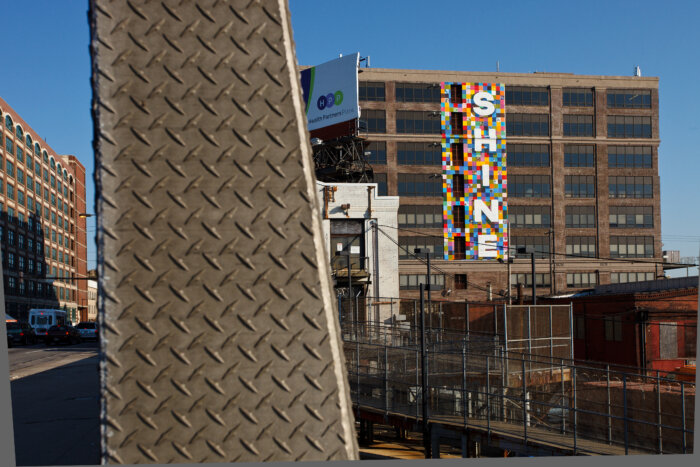
The initiative focuses on achieving health and wellness among Philadelphians – especially those dealing with mental health issues, substance use, or trauma – by creating art throughout the city.
“We want to provide safe spaces where people can enjoy artmaking and use art as a way to express themselves,” said Nadia Malik, director of the Porch Light Program. “As we build trust with people and they open up to us, we can start talking to them about their mental health and the resources they may need.”
By providing people with disorders an opportunity to contribute to meaningful works of public art, Porch Light connects them to someone who can help, all while beautifying community spaces, making social connections, and promoting public health.
As you drive through Philadelphia and see the many murals transforming the cityscape into spaces of art, know that it’s bringing beauty to a city that shines brightly with creativity, all while helping neighbors in need.
Running for your life
One of the major social issues facing the city right now is homelessness, and as I walked down Kensington Avenue the other day, I saw the real hardships of people living on the streets. Empty soda cans, trash, multi-colored tents, and human waste were along the sidewalks, and desperate faces watched the traffic slowly roll by.
But one nonprofit has come up with a unique approach to combatting the problem: by asking homeless people to transform their lives one mile at a time.
Back on My Feet was founded in 2007 and uses running and community to motivate and support homeless people towards independence.
The program recruits people from homeless facilities around the city and gets members to commit to running three mornings a week. After completing that first step, participants work with staff on a personal roadmap to freedom, including financial literacy classes and job skills training provided through corporate partnerships.
Members can also earn financial aid to remove barriers to employment and housing such as transportation and security deposits.
According to Back on My Feet’s Vision Statement, their unique model demonstrates that “if you first restore confidence, strength and self-esteem, individuals are better equipped to tackle the road ahead.”
In a time when most people just look the other way when it comes to humans living unsheltered, Back on My Feet uses compassion to bring hope to the city’s homeless population, and builds communities out of the lost.



